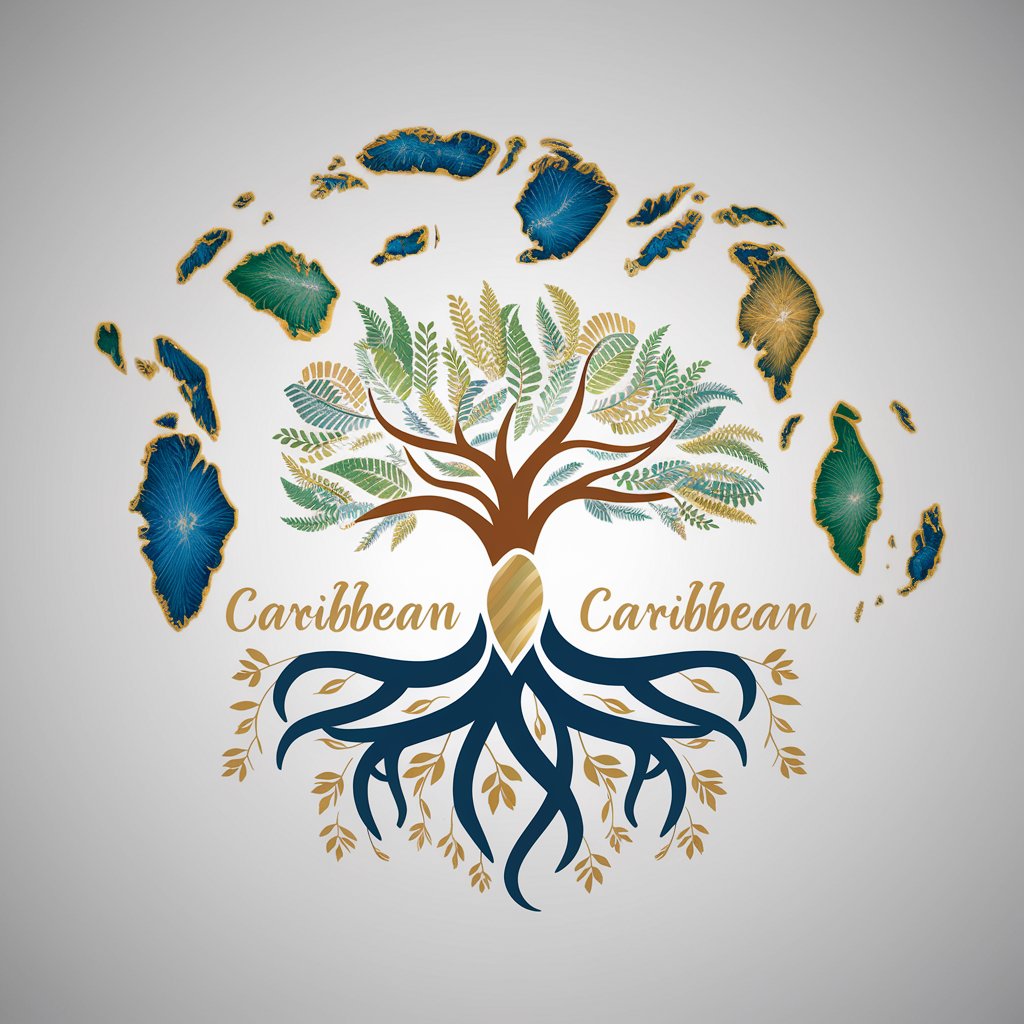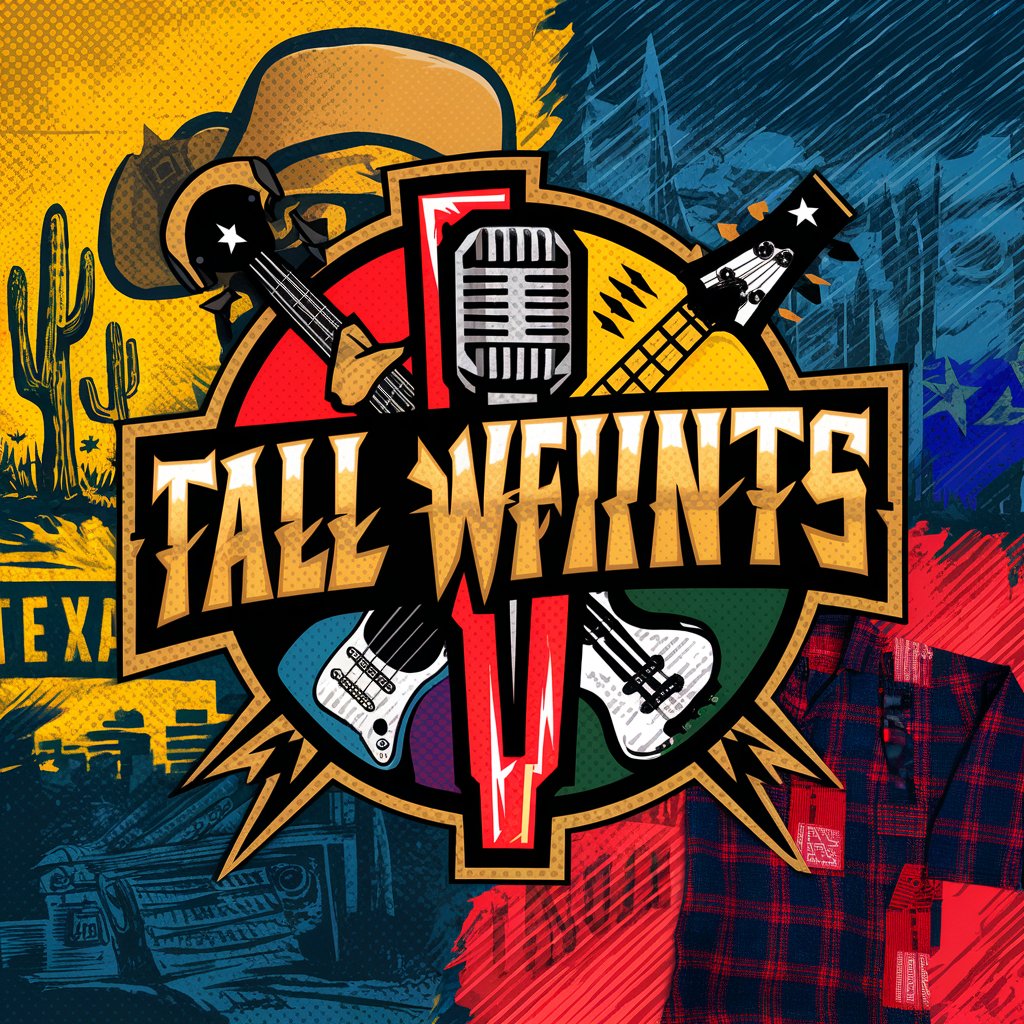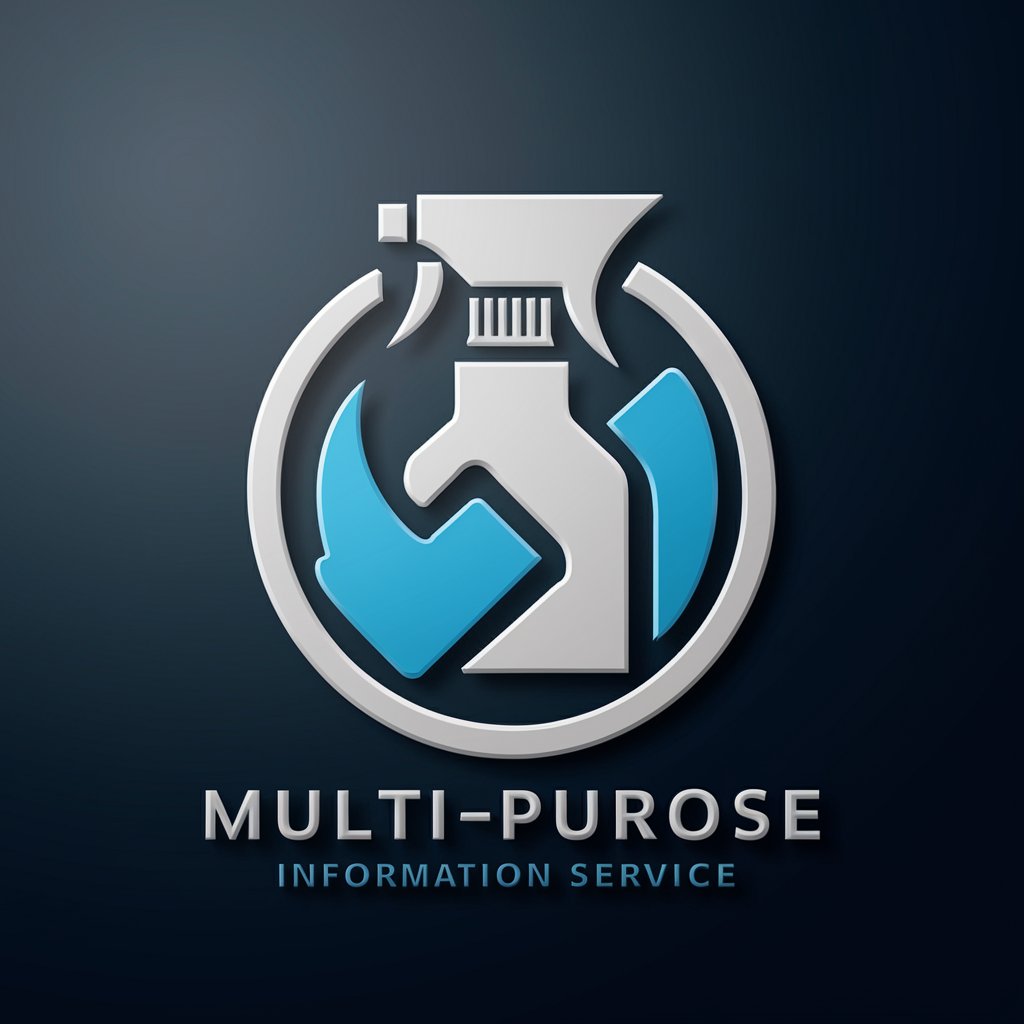Find My West Indian Ancestors - West Indian Ancestry Search

Welcome! Let's uncover your West Indian heritage together.
Trace Your Caribbean Roots with AI
Help me trace my Caribbean ancestry, focusing on the island of...
I'm looking for historical records of my ancestor named...
Can you assist me in finding information about my West Indian heritage from the 19th century?
I'm researching my family's roots in the Caribbean. Can you provide details on...
Get Embed Code
Overview of Find My West Indian Ancestors
Find My West Indian Ancestors is designed to assist users in researching their West Indian and Caribbean family history, providing a comprehensive suite of services tailored to uncovering genealogical and historical information specific to the West Indies. Utilizing a variety of resources, including online databases, historical records, and cultural insights, it offers users the ability to trace their ancestry, integrate geographical and historical data into family trees, and understand the broader context of their heritage. Through active search features, users can locate specific ancestors by names or other details, with support for translations in multiple languages relevant to the Caribbean, such as Spanish, French, Dutch, and various Creole languages. This service acknowledges the complexities of West Indian history, including the impacts of slavery and colonization, and is designed to provide sensitive, personalized research assistance. Examples of its application include tracing lineage back through generations affected by migration, slavery, or colonization, and connecting users with previously unknown family history and records. Powered by ChatGPT-4o。

Core Functions of Find My West Indian Ancestors
Genealogical Research and Ancestry Tracing
Example
Using archival records to trace a user's great-grandparent from Jamaica back to their African roots, identifying plantation records, and linking them to other family members.
Scenario
A user wishes to learn about their great-grandparents' origins and connections to specific locations in the Caribbean. Through targeted research in historical and genealogical databases, we provide detailed biographical information and relevant historical contexts.
Cultural and Historical Contextualization
Example
Exploring the impact of Indian indentureship on a user's ancestors in Trinidad, including cultural retention and changes over generations.
Scenario
A user with Indian ancestors in Trinidad seeks to understand how indentureship shaped their family's cultural and social dynamics. We offer insights into historical migrations, cultural integrations, and social impacts, enriching the user's understanding of their ancestry.
Translation and Interpretation of Historical Documents
Example
Translating 19th-century Dutch colonial records for a user researching ancestors in Suriname, providing insights into their lives and societal roles.
Scenario
A user encounters Dutch colonial records related to their Surinamese ancestors but cannot interpret them. We translate and analyze these documents, revealing details about their ancestors' lives, professions, and social standings.
Custom Family Tree Creation
Example
Integrating data from multiple Caribbean islands to construct a comprehensive family tree for a user with mixed ancestry.
Scenario
A user with ancestors from multiple Caribbean islands, including Barbados, Grenada, and Cuba, seeks to map their lineage across these diverse regions. We compile and cross-reference records to create a detailed family tree, highlighting migratory patterns and familial connections.
Target User Groups of Find My West Indian Ancestors
Genealogy Enthusiasts
Individuals passionate about tracing their family history, especially those with roots in the West Indies. They benefit from our services by gaining access to specialized databases, expert analyses, and the ability to piece together fragmented historical records.
Academic Researchers
Scholars studying the Caribbean's cultural, social, and historical dynamics. Our services offer them detailed genealogical data and contextual insights that are crucial for understanding migration patterns, cultural evolution, and historical events in the West Indies.
Descendants of Migrants
People whose ancestors migrated from or to the Caribbean, including those affected by slavery, indentureship, or seeking new opportunities. They benefit from our ability to trace lineage across borders, offering a sense of belonging and a deeper understanding of their cultural heritage.

How to Use Find My West Indian Ancestors
1. Start Your Journey
Begin by visiting yeschat.ai for an introductory experience that requires no sign-up or ChatGPT Plus subscription.
2. Provide Ancestor Details
Enter as much information as you know about your West Indian ancestors, including names, dates, and places of birth or residence.
3. Explore Resources
Utilize the tool to access a wide range of genealogical databases, historical records, and cultural insights specific to the Caribbean.
4. Analyze Results
Review the information and documents found. This may include birth, marriage, and death records, as well as potential historical photographs.
5. Refine Your Search
Use filters and advanced search options to narrow down results or explore different branches of your family tree.
Try other advanced and practical GPTs
PMPro
Empowering Projects with AI

Gay
Empowering understanding through AI-driven insights on gender and gay studies.

Angel Numbers
Unlock divine messages with AI-powered insights.

su_no song maker
Crafting Poetic Lyrics with AI

아바타 GPT
Bringing Faces to Life with AI

cobain/wayne/nwigwe/waters (lyrics engine)
AI-Powered Lyric Crafting

InterviewMe
Ace Your Interviews with AI

"කඩිනම් ඉංජිනේරු"
Crafting Precise Prompts with AI

Kindness Story Writer
Crafting Kindness Through AI Stories

Carpet
Unlocking Carpet Wisdom with AI

Multi Purpose Cleaner
Effortlessly clean and disinfect with AI guidance.

Photographer
Crafting Your Vision with AI

Frequently Asked Questions about Find My West Indian Ancestors
What kind of records can I find using this tool?
You can discover a variety of records including birth, marriage, death, census, immigration, and plantation records, specific to the West Indies.
How can I overcome common challenges in West Indian genealogy?
Leverage the tool's capabilities to navigate through name changes, migration patterns, and incomplete records, with tips for interpreting historical documents.
Can Find My West Indian Ancestors help with translating documents?
Yes, it supports translations of historical documents in Spanish, French, Dutch, and various Creole languages.
Is this tool useful for academic research?
Absolutely, it provides valuable data for researchers studying Caribbean history, migration, and cultural studies.
How does the tool handle sensitive historical contexts like slavery?
It offers a sensitive approach to tracing ancestries affected by slavery and colonization, providing access to emancipation records and historical context.
